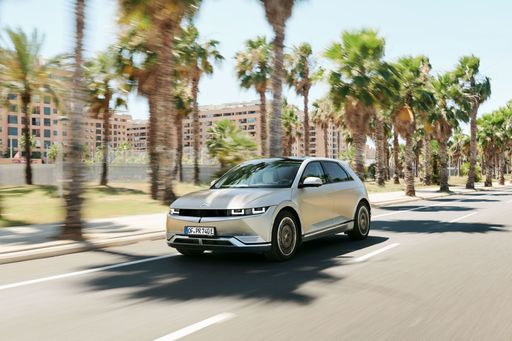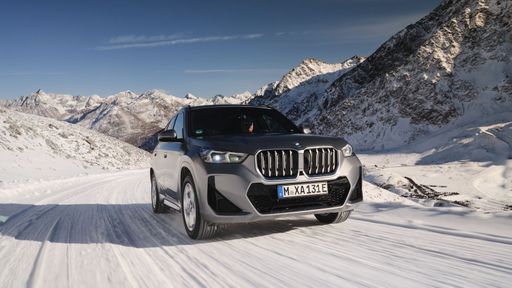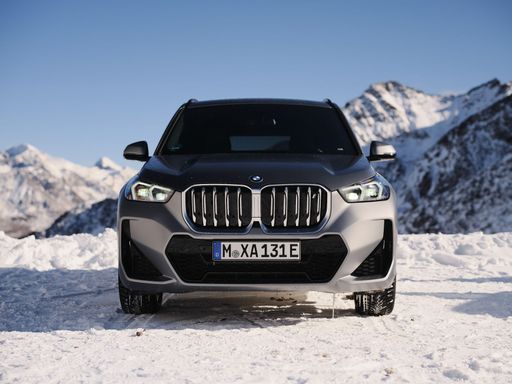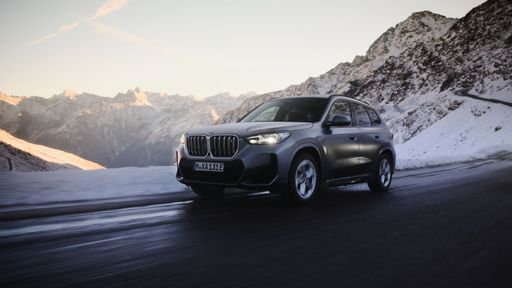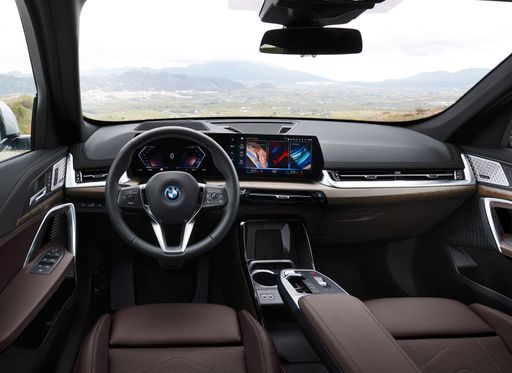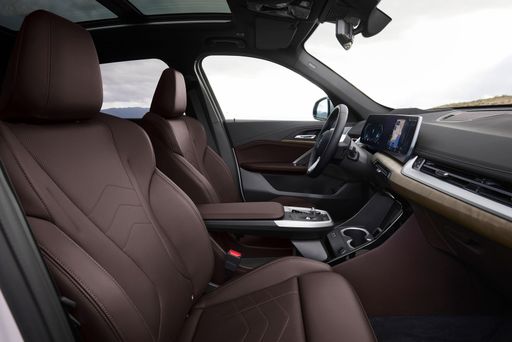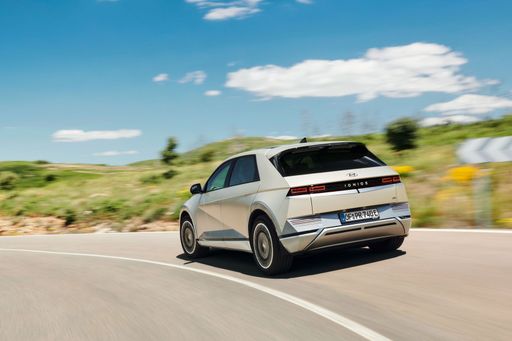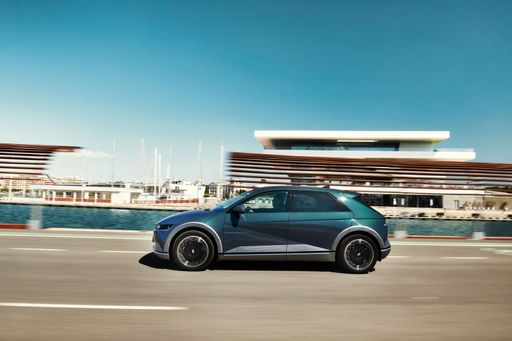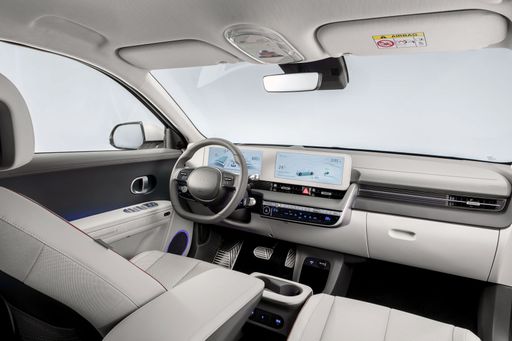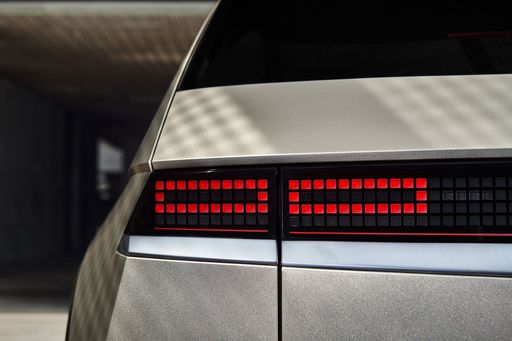Introduction to the Electric SUV Revolution
As the automotive industry shifts towards electric mobility, two standout models vying for attention in the electric SUV market are the BMW iX1 and the Hyundai IONIQ 5. Both vehicles embody the spirit of innovation and sustainability, providing drivers with impressive performance while reducing their carbon footprint. In this comparative analysis, we will explore the technical specifications, innovative features, and overall appeal of these two electric SUVs to help potential buyers make an informed decision.

